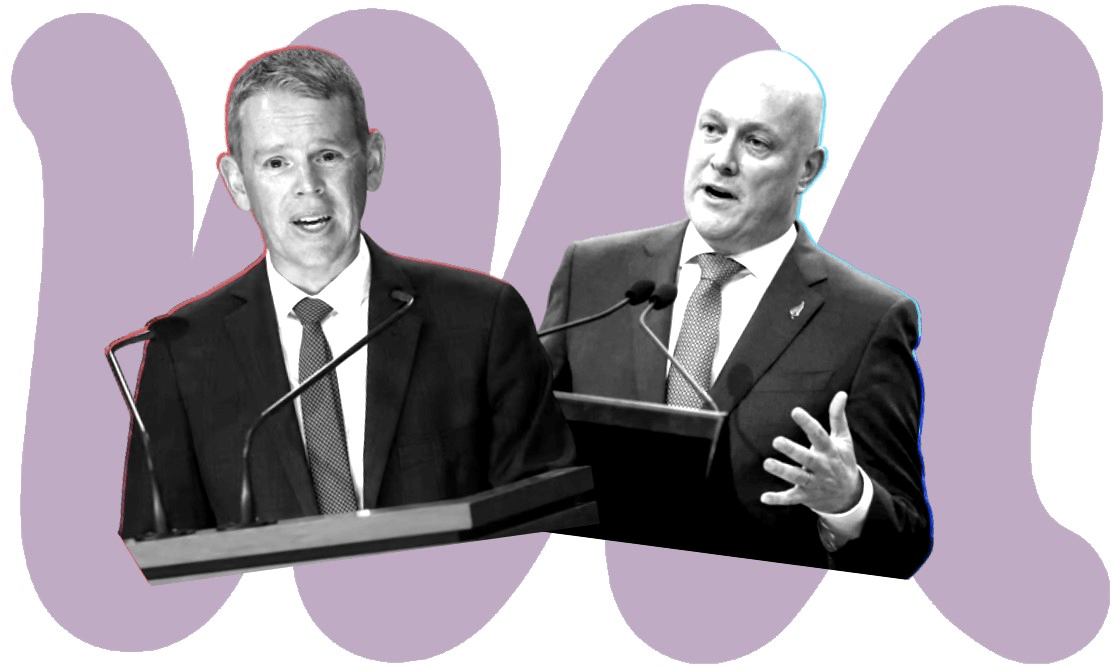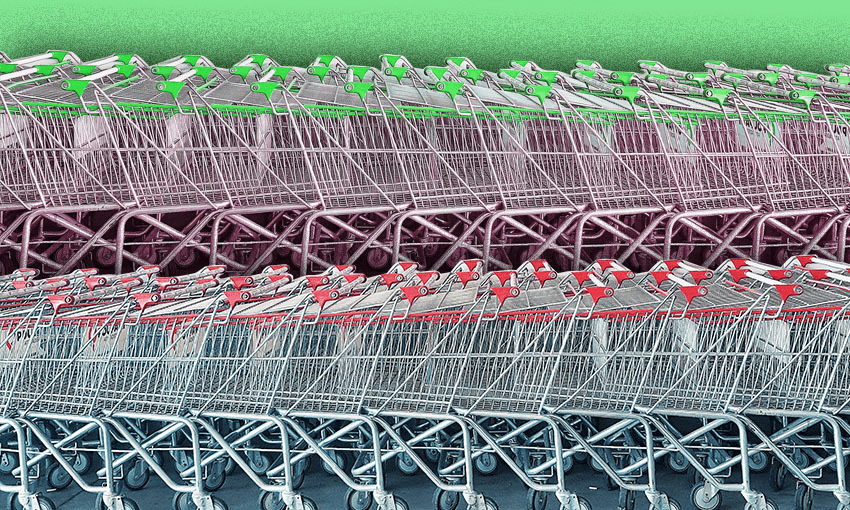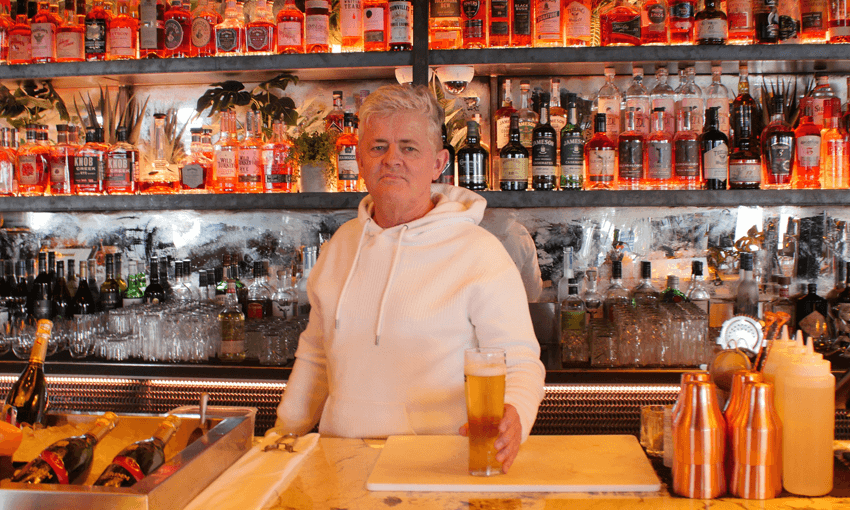Labour could form a government were the numbers in a new poll by Kantar for 1News to translate at the ballot box. To do so they’d need the support not just of the Greens, however, but also Te Pāti Māori (assuming TPM were to retain at least one electorate seat). The headline numbers from the new poll, conducted from March 4-8, are these:
Labour: 36% (down 2%)
National: 34% (down 3%)
Act: 11% (up 1%)
Greens: 11% (up 4%)
Te Pāti Māori: 3% (up 1.2%)
NZ First: 3% (up 0.8%)
In the preferred prime minister stakes, meanwhile, Chris Hipkins’ dream run since becoming prime minister continues, adding four points in support since the last 1News/Kantar poll while Christopher Luxon falls by five.
Chris Hipkins: 27% (up 4%)
Christopher Luxon: 17% (down 5%)
David Seymour: 6% (no change)
Winston Peters: 3% (up 1%)
Jacinda Ardern: 2% (down 3%)
Hipkins told 1News: “I put my hand up for this job because I thought that we could not only refocus the government on the issues that matter but go on to win the election.”
On working with Te Pāti Māori, Hipkins said: “I’ve only had a limited amount to do with them in the brief period of time that I’ve been prime minister, but I have worked with them previously in other portfolio areas. We’ve had a relatively constructive working relationship with the Māori Party this term.” He said it was too early to lay out potential governing arrangements.
The result will be a relief to no one more than the Greens. Just a few days ago, a Curia poll for the Taxpayers’ Union put the party on 5.7%. Here they’re just about double that, up four points to 11%.







